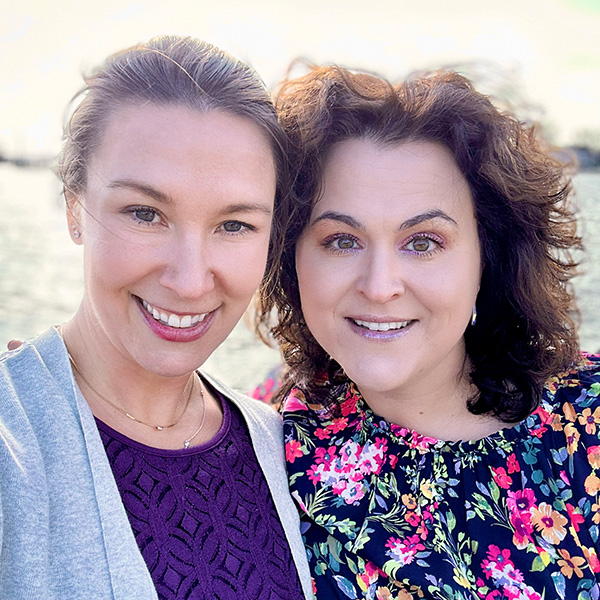Coping is frequently referenced in psychology and defined as intentional, conscious strategies used to contend with and overcome problems, stressors or difficulties (Coping). To understand our response to it, let’s first talk a bit more about stress. Stressors are part of our shared human existence, existing alongside our joys. There are periods in our lives when we can feel completely overcome with stressors or challenges and other times that are relatively smooth sailing. Some of these stressors are short-lived and relatively minor, like when I spilled my coffee all over the floor this morning. Some will be longer term or even chronic and more emotionally intense. Our experience of stress can be amplified if the problem is unexpected and we feel helpless or simply do not have much, if any, control over the situation.
In the actual moment that you realize a problem or stressor has happened or is unfolding, emotions typically show up swiftly in an effort to ring our internal alarm system.
This generally serves two purposes: 1) to ensure we recognize and react to the problem and 2) to protect us or keep us safe. One of the primary components of coping well is acknowledging the emotions that are part of this equation. It takes intentional practice to cope well. Planning out and practicing how we want to see ourselves successfully manage a problem or stressor is a technique called Coping Ahead. Our brains automatically plan and think about the future so leveraging this skill is an adaptive, effective way to encourage readiness for what comes our way. In the psychology world, this concept is known as cognitive flexibility. Bringing some intentional planning to your coping style will save you time and energy later on and in the heat of whatever change or challenge pops up next.
Coping ahead is a skill that we can improve with practice.
I am constantly reminding myself of this which helps me drop the unrealistic expectation that I “should be coping perfectly.” I remember when my family and I arrived home after a week away. I smelled it as soon as I opened the door: the unmistakable and extraordinarily pungent scent of cat urine. We had closed the door to the room with the litter box by mistake and our three kitties had found new bathrooms throughout the house, mostly all over the kids’ stuff. My stress was rising as I realized the extent of the problem. I remember my anger, my initial desire to blame anyone but myself, and the thoughts going a mile a minute about the cost and effort it would take to replace the ruined rugs and belongings. Our two young kids were crying, tired and hungry (the stress activating trifecta!) and now, it seemed like our house had turned into a giant litter box.
My first reaction was to blame someone else – in this case, the unlucky victim of blame was my husband although of course, this wasn’t his fault. I also definitely let out some choice expletives under my breath and felt like screaming into the void, leaving the house, and closing the door behind me. But of course, the avoidance strategy was not an option. I acknowledged the validity of my stress and frustration, stuck my head outside to take some deep breaths and then laughed at my husband’s disgusted expression as he surveyed the Kitty Urine Disaster of 2024. My coping ahead rubric helped me shift gears, recalibrate priorities, and use my cognitive flexibility to roll with this new problem. So, my husband and I looked at each other, our facial expressions saying everything, rolled up our sleeves and divided to conquer. One of us took care of our kids and the other grabbed the cleaning spray and paper towel roll.
Did I handle it perfectly? Nope! But, here is our reminder that perfect coping is not actually the goal. So, as I reflect back on this day, I grab the strategies that supported me and helped me thrive in the face of stress. Saying and validating what I feel out loud, reminding my nervous system that I am stressed but not under threat by taking some deep breaths, laughing at absurdisms to re-gain perspective, and relying on some form of support within my village. These are the tools I will turn to again when it is time to cope. Just like strengthening a muscle, coping ahead is an emotional workout so that we are prepared and resilient when faced with the uncomfortable and the stressful.
Ultimately, coping ahead gives us the emotional strength to re-gain our balance and get back to enjoying our journey.
Bottom line: stressors are inevitable and coping ahead is your key to preparing.
Joy in the Journey,
J & J
Share this article...

Meet Drs. Jessica Lawson & Jennifer Doran
Jess and Jenn are clinical psychologists, working parents, colleagues and friends. We believe in the the power of psychology and in having a connected and supportive community – a village. Our Blog posts and videos are designed to be short in nature – something you can tune into for 5 minutes a day or less.





